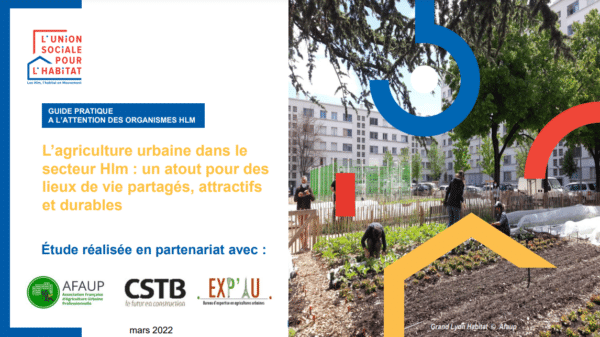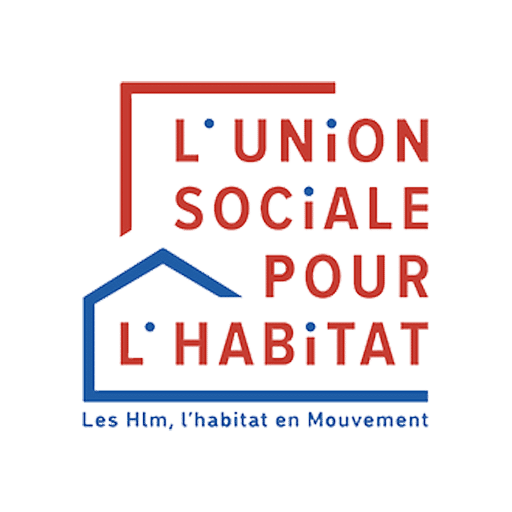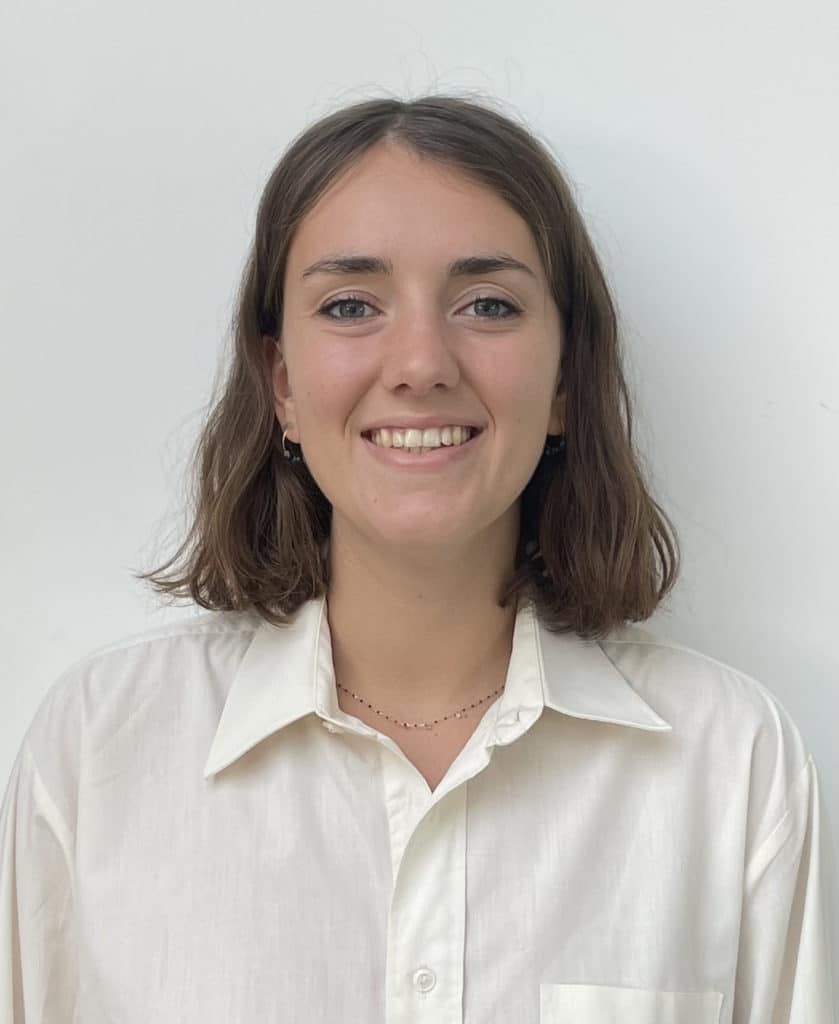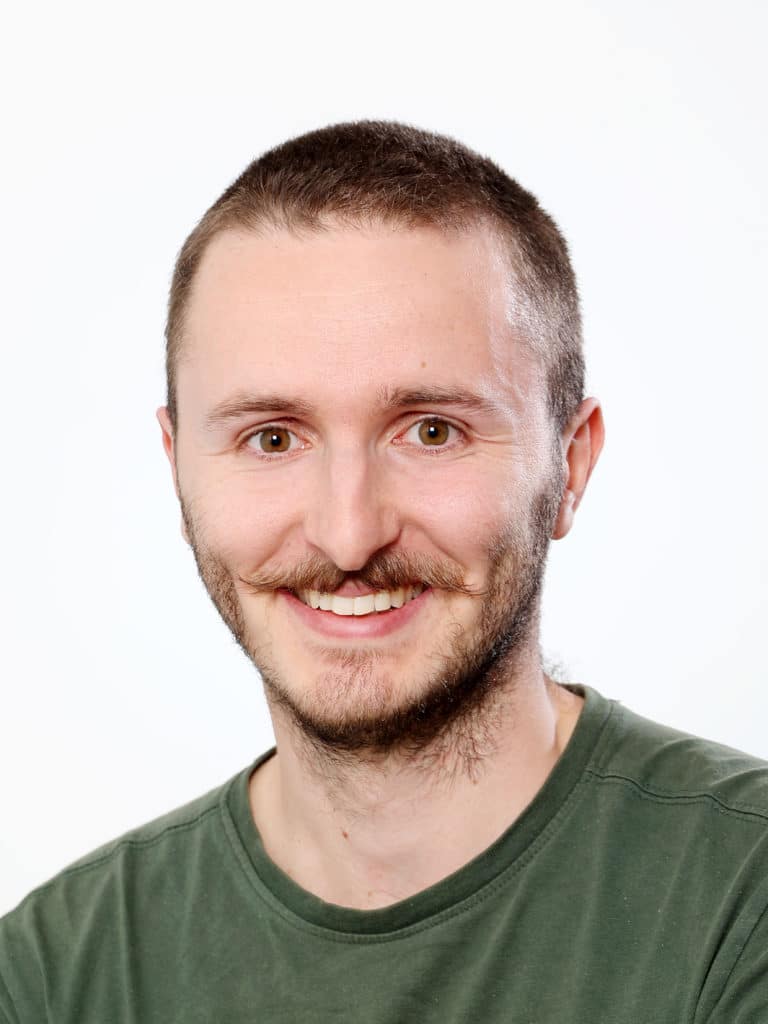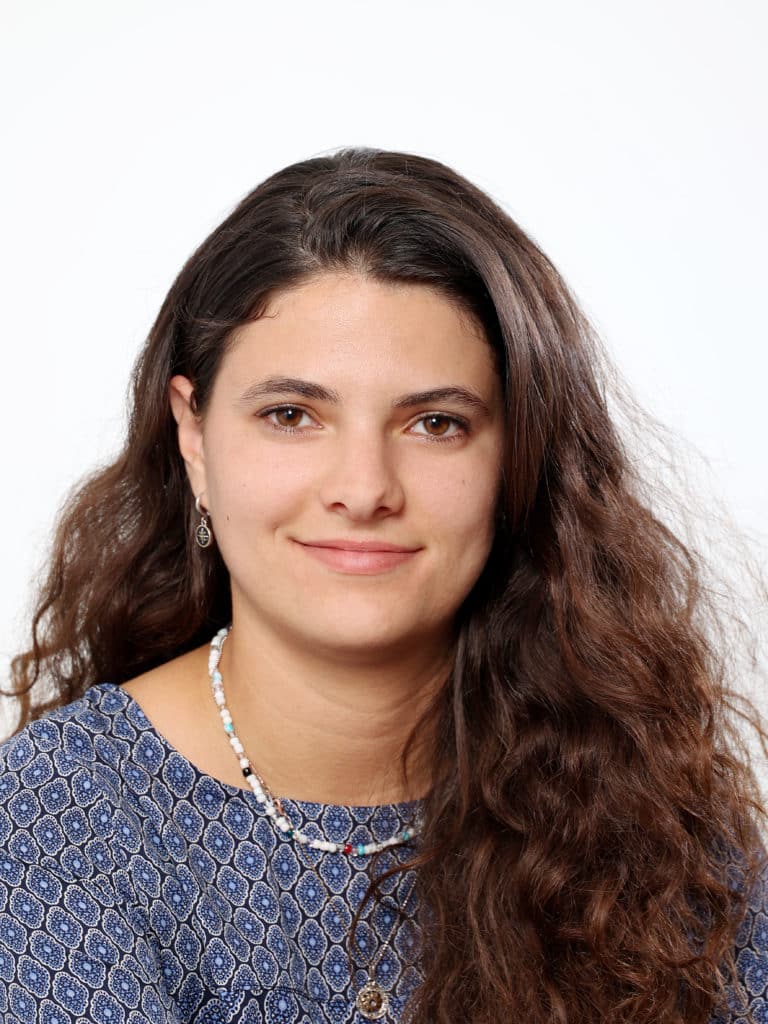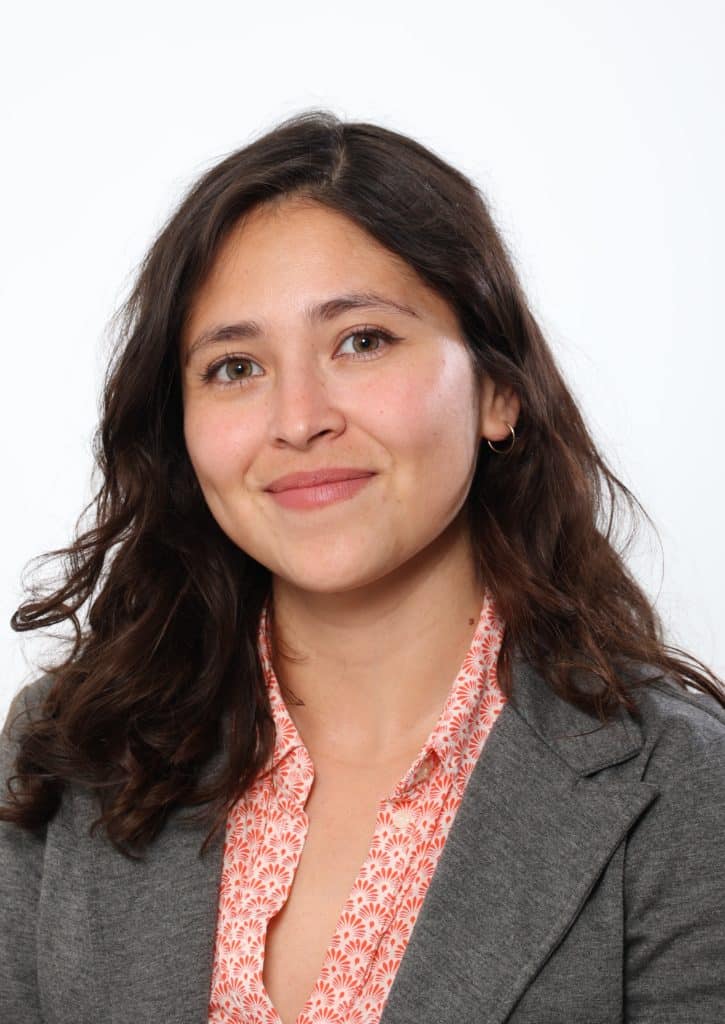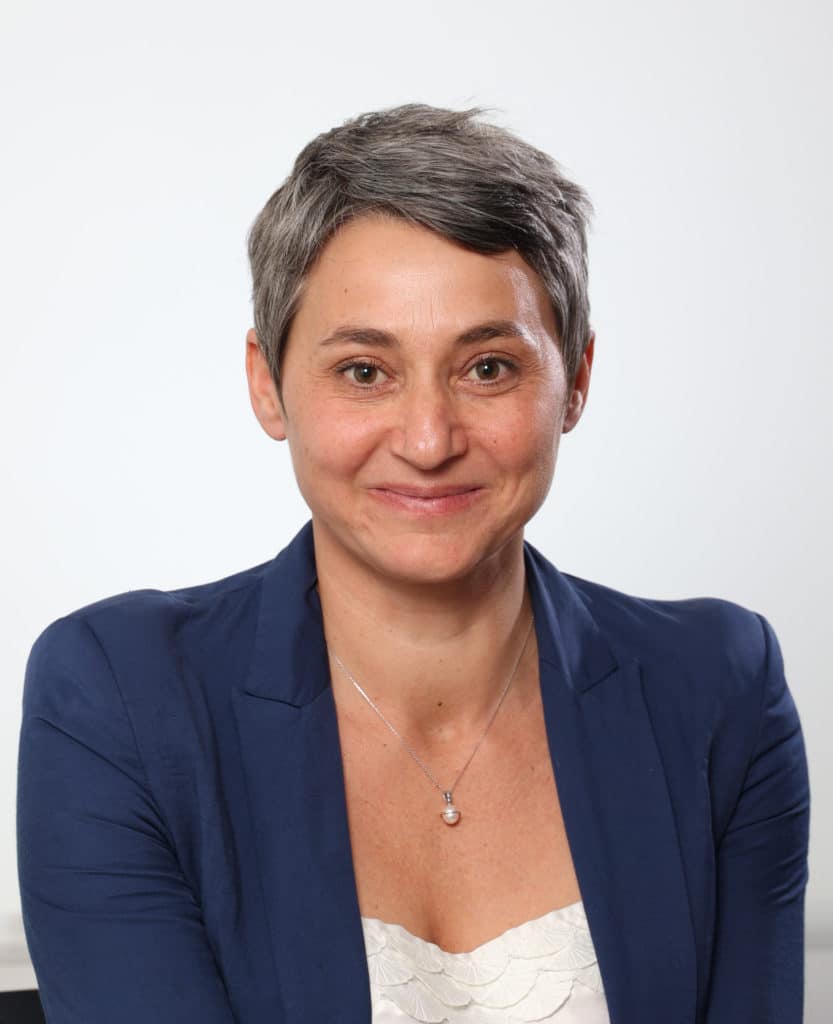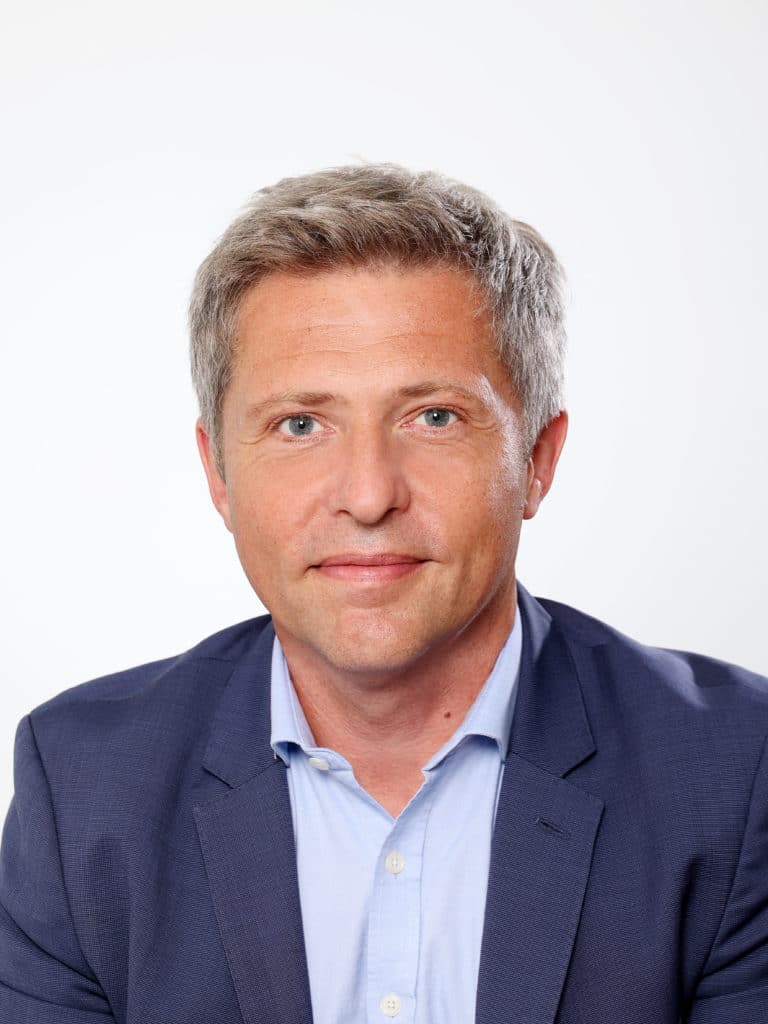Guide
L’agriculture urbaine dans le secteur Hlm : un atout pour des lieux de vie partagés, attractifs et durables
- Créativité
- Inclusion
- Résilience
- Sobriété
- Milieux naturels et aquatiques, biodiversité
- Espaces publics et espaces verts
- Alimentation territoriale
Ces dernières années, l’agriculture urbaine suscite un fort engouement. Si historiquement, les organismes Hlm ont développé des jardins collectifs, ils sont désormais nombreux à expérimenter d’autres formes d’agriculture (fermes urbaines, ruchers, éco pâturage, …) répondant à des fonctions multiples (nourricière, marchande, éducative, sociale, environnementale, etc…) et en lien avec les collectivités locales.
Dans ce contexte, l’Union sociale pour l'habitat en partenariat avec l’Association Française de l’Agriculture Urbaine Professionnelle (AFAUP), le bureau de recherche d’AgroparisTech Exp’AU et le Centre Scientifique et Technique du Bâtiment (CSTB) ont lancé, fin 2020, une étude sur l’agriculture urbaine au sein du patrimoine des organismes Hlm.
Elle soulève des sujets techniques comme la pollution des sols et de l’air, les normes sanitaires, et de nombreuses questions juridiques, économiques, règlementaires et assurantielles à la fois pour les porteurs de projet, les collectivités locales et les opérateurs comme les organismes Hlm.
Basée sur une enquête auprès des organismes Hlm ainsi que sur des monographies d’une dizaine de projets d’organismes Hlm, cette étude a pour objectif :
- de mieux connaître les pratiques professionnelles et les besoins des organismes Hlm ;
- de les outiller dans la conduite des projets d’agriculture urbaine ;
- de valoriser les projets mis en œuvre dans le patrimoine Hlm.
Cette publication vise à répondre très concrètement aux questions que se pose un organisme Hlm qui souhaiterait installer ce type de projet : jardin partagé, ferme urbaine, ou élevage ? Quelle participation des habitants, quel modèle économique et quels montages juridiques et techniques pour quel marché ?

